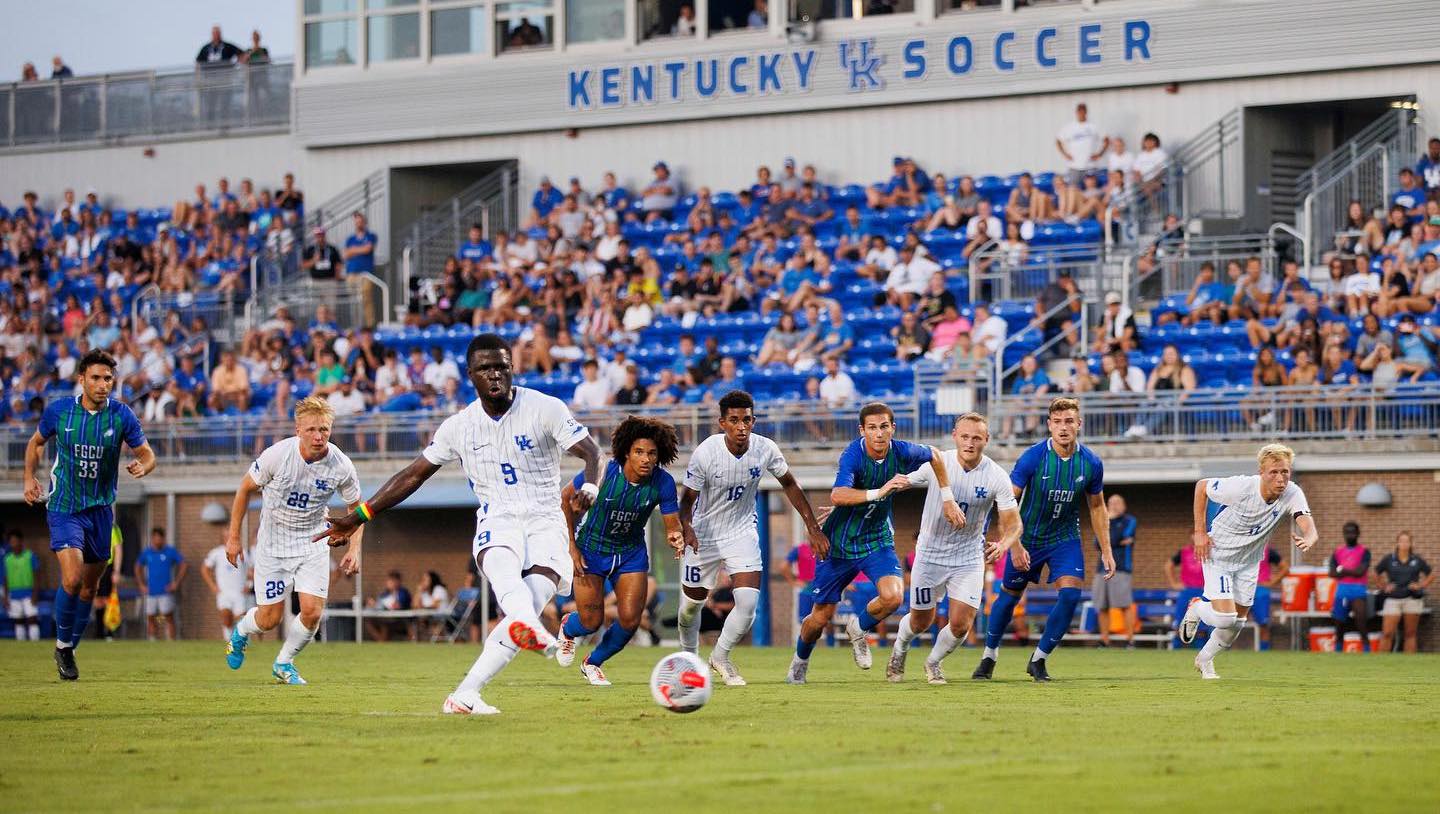The college soccer season is underway. While many of us are either cheering on our favorite teams from the stands or watching from home, many are using this time to help find the right college soccer program for them.
Watching college games is a key part of the recruiting process for a couple of reasons. First, each player has to find the right fit for themselves. Depending upon what the player values most, (style of play, playing opportunities, coach-player communication structure etc.) that could be any number of things, and depending upon the player, certain values may be more important than others.
What matters most is that the player finds the right fit for themselves and what they’re looking to do with their collegiate career. Taking the time to watch multiple matches (either in person or on television/streaming) will help narrow down the list of schools and give the player a good sense of their options.
Second, once one finds their target list of schools, knowledge is power. During the interview process, it’s imperative to have background information and knowledge not just about how many wins and losses that they had last season, but also their style of play and what were some of their strengths and weaknesses over the course of the season. Much like in a job interview, college coaches will take notice of players who have a general to strong understanding of the program as it shows that they are interested and serious about joining their school. It may not be the deciding factor, but it will certainly go a long way towards making a favorable impression.
So what are some things that players should keep an eye out for when watching games? Here are a few key pointers to helping in the college search.
- Make A Value List: Although this should be something that is done at the start of the college recruiting process, creating a value list of what one is looking for in a college is important to look at throughout the recruiting process. The simple answer for this is a player’s values may change and certain things that were non-negotiable in the past might not be as much of a priority now. Some players may be willing to sit on the bench for a team laden with upperclassmen and learning while others may want more playing time with a team looking to rebuild. Style of play and what type of relationship/communication structure the player is looking for from their coaching staff, are two other items to consider.
There is no right or wrong answer in this-everyone’s journey is different. But what matters is having the player sit down and think about what they are looking for. It’s also a good idea for the players to use someone that they trust (parents, coaches, a trusted friend/confidante) and knows them and bounce ideas off of.
- Prepare Ahead Of Time: Before getting into a game, it’s a good idea to get some background information on the team. Understanding the basics of the team will help with providing much-needed background to what the player is watching during game-time. It’s the same process that journalists use when writing game recaps-using background information that is either provided by the team or on their website to give them a structure to work from. If the player is watching the game from home, having the roster up on a laptop or smart device while taking notes on a notepad or on another tab on a laptop should suffice. If the player is at the actual game, it may benefit them to print the roster ahead of time (internet service at college events can be spotty and many colleges will not print out gameday rosters) and bring a notepad. In either situation, before the whistle, make sure to quickly jot down what the formation of the team will be and where each player or number is slotted.
- Watch The Subtleties and The Time: Goal scoring opportunities are obviously a major part of the game and can play a pivotal point in the match. But there are many more things to look at than just goals and from a defenders point of view how to stop them. On the attacking end, pay attention to possession and how the team organizes, both in terms of their movement on and off of the ball. Defensively, what is the communication structure like amongst the backline and how do they work together to stop attackers are some good items to look out for. If there is a major play, pay attention to not just the event itself but what led up to it and in particular which players were pivotal in the play itself. Especially when watching at home, players should note the times of when particular actions take place so that they can go back later and if they choose take a second or third look. As one might expect, it can sometimes take a few looks at a particular sequence or play to fully understand what happened.
- Take a Minute To Write Down Your Observations Post-Match: After the game, players should take a few minutes and go over their thoughts on what they just watched. In particular, they should focus on both the strengths and the weaknesses of the team and where they feel that they can either contribute or where there may be issues with what they are looking for in a college soccer team. The next step at this point is that they use their value list to think about what it is that they are looking for. No long-term decisions need to be made immediately after a game, but players should use this time to get some immediate impressions down on pen and paper.








